によって Maggie Anderson 5年前.
334
Differentiation: varied approaches to content, process, and product, in response to learner's (student's) needs.
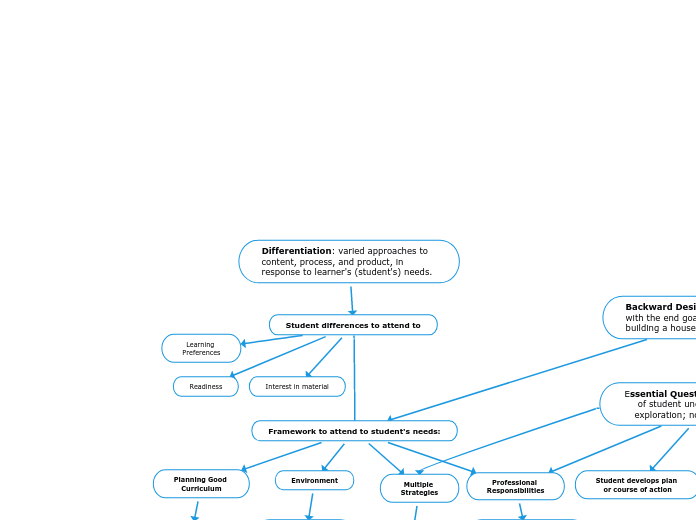
によって Maggie Anderson 5年前.
334

もっと見る
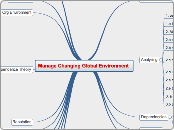

Sander van der Kolkにより
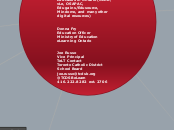

Joe Russoにより
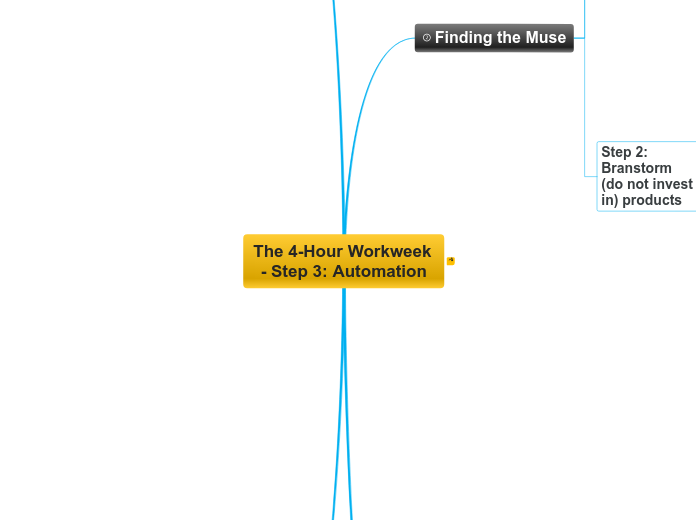

Anthony Johnsonにより
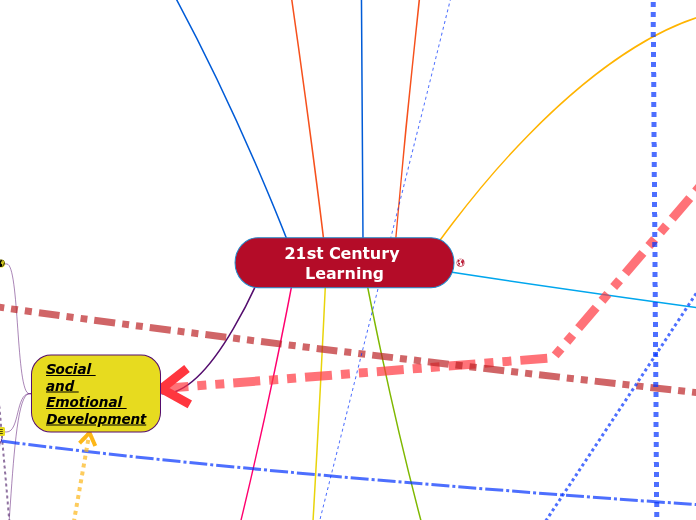

Paul Danieleにより
Stage 2: Valid Evidence
How we assess Does the student have:
Empathy
Apply
Self-understanding
Interpret
Explain
What we assess
Standards to judge
Setting Context
Audience student is concerned with
Performance
Role student plays
Goal Challenge
Stage 3: Learning Plan
How we teach
Evaluate
Provide Resources
Personalize Learning
Rethink Take deeper
Hook em'
See the big picture
Organize
What we teach
What is logically required by goals?
Communication Accurate Records Assess to grow and develop
Engaging Question and Discussion
Respect Sense of Community Organized Flexible Grouping
Clear on essential ideas Knowledge of content